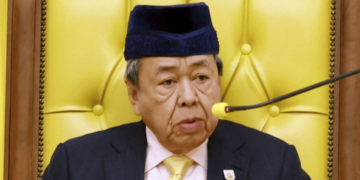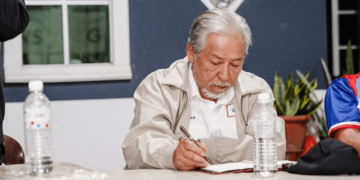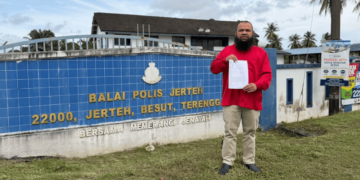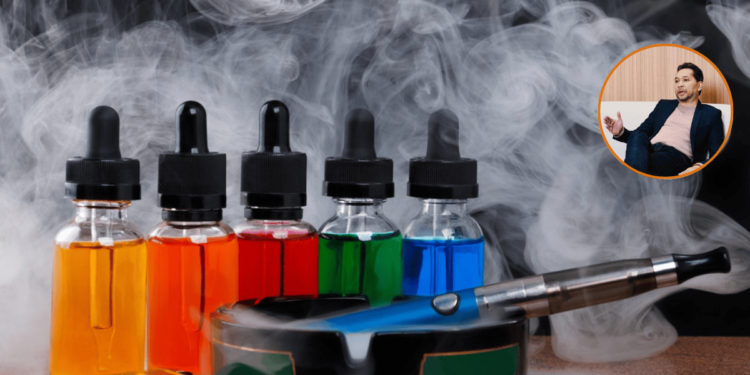KUALA LUMPUR – The Malaysian government is being urged to adopt a clear and evidence based regulatory framework for vape products, rather than enforcing an outright ban a move critics say highlights a glaring inconsistency in the country’s public health policy.
While cigarettes a product long known to cause severe health risks and millions of deaths globally remain legally sold and taxed under strict regulations, vape products, which are widely considered a less harmful alternative and a potential smoking cessation aid, are facing increasing pressure of prohibition and moral panic.
Samsul Kamal, President of the Malaysian Organization of Vape Entity (MOVE) and a member of the Coalition of Asia Pacific Tobacco Harm Reduction Advocates (CAPHRA), said the current approach undermines Malaysia’s public health agenda and risks pushing consumers into unregulated black markets.
“Malaysia’s decision to ban vape products while leaving cigarettes untouched exposes a fundamental flaw in our public health policy.
“This issue will remain unsolved until all stakeholders including policymakers, anti-vape NGOs, government agencies, healthcare professionals, parent-teacher associations, religious councils and the media accept vaping as a scientifically recognized harm reduction tool.
“Such a significant regulatory move, with far-reaching health and economic consequences, cannot be based on fear, moral bias or misinformation. It must be built on established facts, global data, and evidence-based practices.
“Continuing to marginalize vape products only pushes consumers toward illicit markets, undermining safety and missing a critical opportunity to reduce smoking-related harm in Malaysia,” he said.

A Risk-Proportionate Approach Needed
Public health experts worldwide support a harm reduction approach, which recognizes that not all nicotine products carry the same level of risk. Countries such as the United Kingdom and New Zealand have implemented vape regulations successfully demonstrating how controlled access to vaping can help adult smokers transition away from more harmful combustible tobacco.
Rather than focusing on the device itself, experts argue that policies should target the actual chemical contents of vape products. This would allow regulators to ban toxic or addictive substances specifically, without criminalizing an entire category of potentially beneficial alternatives.
Lack of Regulation Fuels Illicit Market
In Malaysia, the absence of clear regulation has allowed the spread of illegal, modified vape products many of which are laced with synthetic drugs. This poses a major threat to young users and undermines law enforcement efforts.
Prohibition, critics warn, would only exacerbate the issue similar to the ongoing challenges faced with illicit cigarette trade where enforcement becomes increasingly difficult, and public health risks go unchecked.
Regulation is the Smarter Path Forward
MOVE argues that comprehensive regulation including strict age restrictions, mandatory licensing, product standards, and marketing controls is the only sustainable way to ensure public safety, reduce youth access, and create a transparent market that benefits consumers and the government alike.
“Just as we don’t ban syringes but tightly regulate medicine, vape devices should be seen as tools not threats,” said Samsul.
Time for a Rational, Science-Based Policy
With millions of Malaysian smokers still struggling to quit, the government is being urged to stop relying on emotionally charged or morally driven narratives and instead adopt policies grounded in science and global best practices.
“Now is the time for Malaysia to show smart leadership. A consistent, science-based regulatory approach is the only way forward if we are truly committed to improving public health,” Samsul concluded. MalayaDailyToday


































































